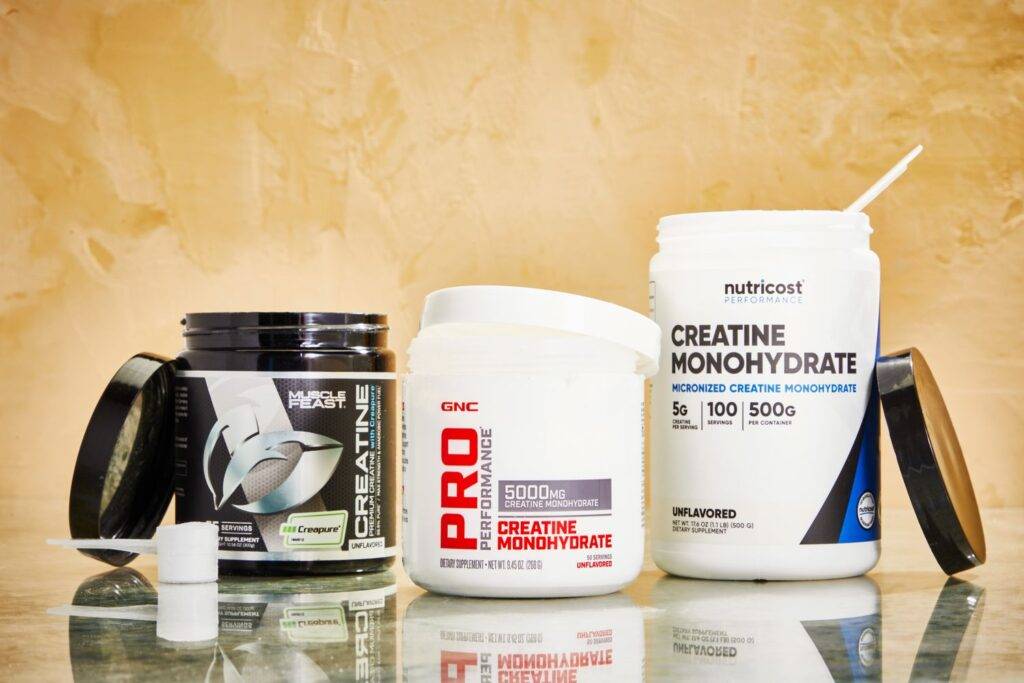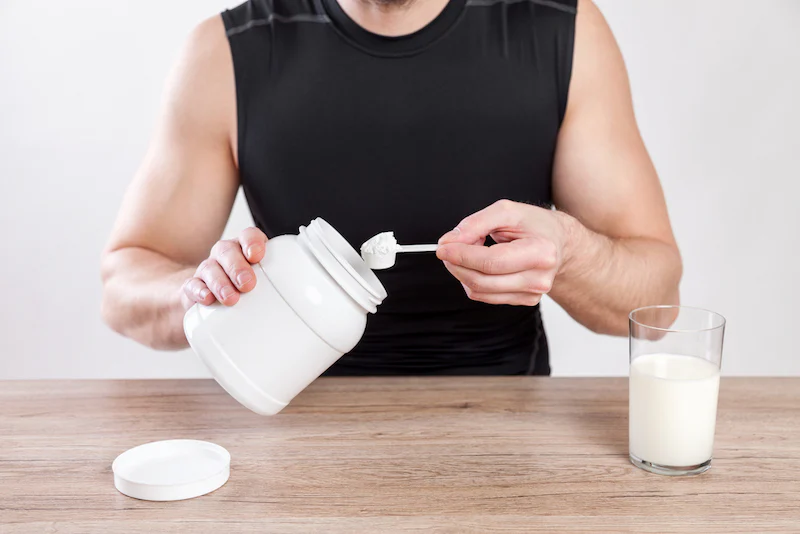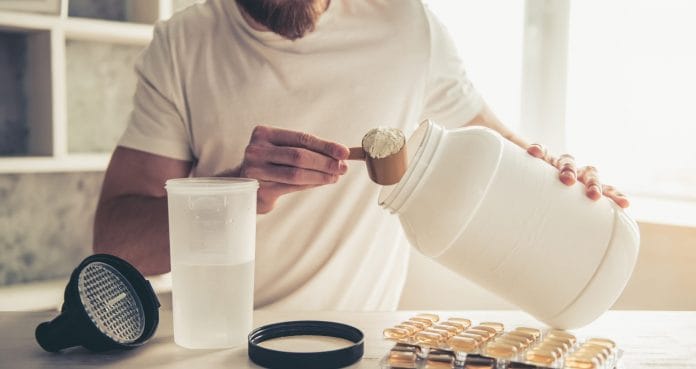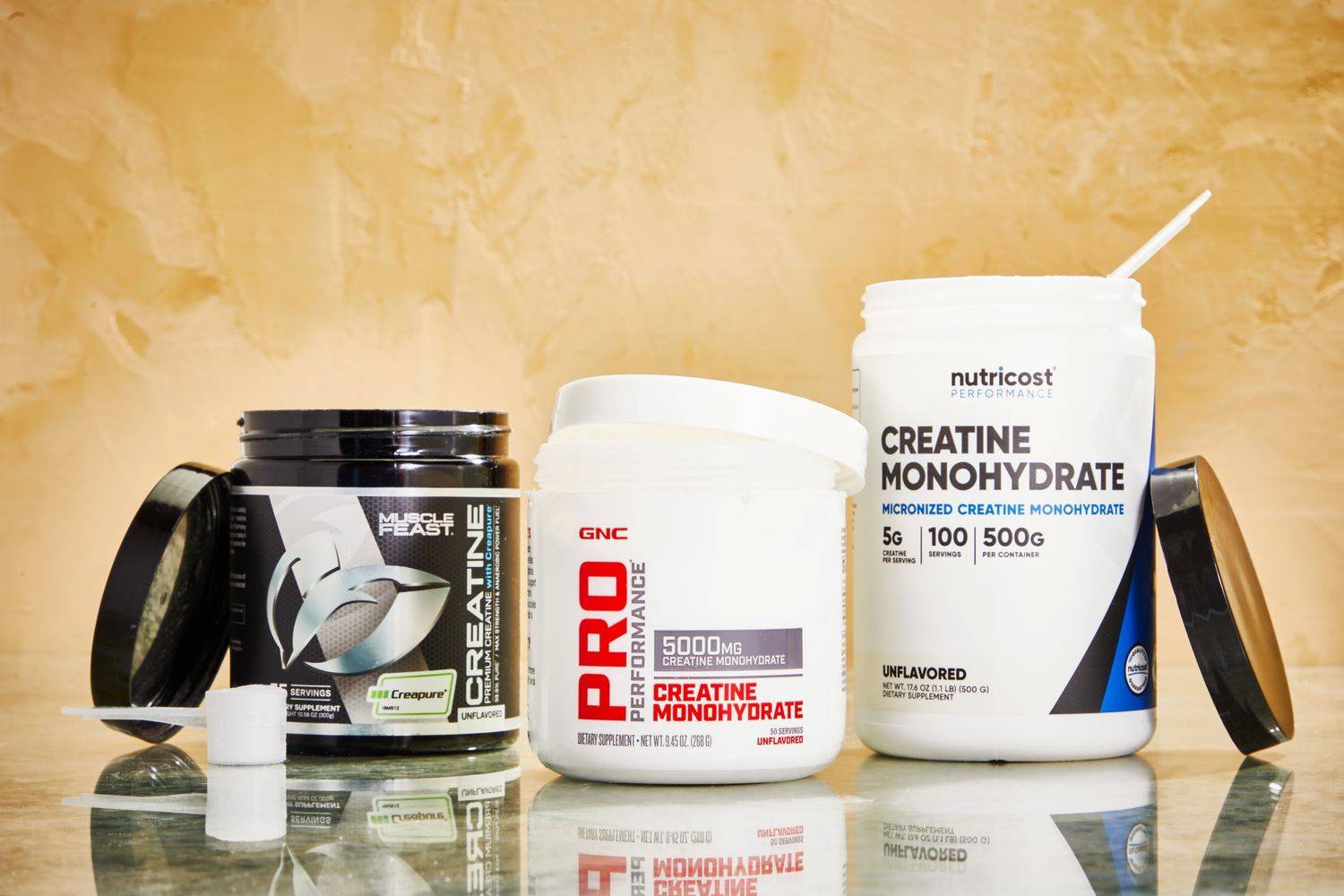Effects of Stopping Creatine: Muscle Loss, Strength
Table of Contents
Introduction

Creatine is one of the most widely used and researched supplements, known for its ability to enhance muscle size, strength, and overall athletic performance. However, many users wonder what happens when they stop using it. Do they lose the muscle and strength they’ve gained? How does the body respond internally? This article delves into the science behind discontinuing creatine supplementation and provides practical strategies to minimize any potential downsides.
Immediate Effects on Muscle Appearance

One of the most noticeable effects of stopping creatine supplementation is a change in muscle appearance. Many users report that their muscles look “flat” or less pumped after discontinuing use. This occurs because creatine increases intracellular water retention in muscle cells. When you stop supplementing, this water is gradually lost, leading to a slight reduction in muscle volume.
It’s important to note that this is not actual muscle loss. The change in appearance is due to water weight, and your muscle mass remains intact. The reduction in muscle fullness is most pronounced in individuals who have been using creatine for extended periods (4–6 weeks or more).
Typically, users will lose 1–3 pounds of water weight in the first week after stopping, but this can range up to 5–7 pounds, depending on factors like hydration levels and sweat output.
Creatine Levels in the Body

Even though you stop taking creatine, your muscle creatine levels do not immediately drop to zero. The body naturally produces creatine in the liver, kidneys, and pancreas from amino acids like glycine, arginine, and methionine.
Additionally, dietary intake from sources like red meat, chicken, and fish provides around 1–2 grams of creatine per day, although this is lower than what is consumed through supplementation.
It typically takes about 4 to 6 weeks for your muscles to return to baseline creatine levels after stopping supplementation.
This gradual decline in creatine levels can lead to a slight reduction in strength and power output, as creatine helps regenerate adenosine triphosphate (ATP)—the body’s primary energy currency during high-intensity, short-duration activities.
Impact on Strength and Power

Creatine supplementation enhances performance in exercises that rely on short bursts of power, such as weightlifting and sprinting.
When you stop supplementing, your body’s ability to regenerate ATP diminishes, leading to potential decreases in strength and power output. For example, if you could lift 225 pounds on the bench press for nine reps while taking creatine, you might drop to seven or eight reps after stopping.
This decline in performance could lead to slightly less muscle overload, which is a key factor in muscle growth. However, as long as you maintain your intensity and continue to challenge your muscles, the reduction in strength and muscle mass should be minimal.
Retaining Muscle and Performance

Despite the temporary loss of water weight and a potential drop in strength, most of your muscle gains should remain as long as you continue to lift heavy and maintain a proper diet. To mitigate any losses:
- Focus on maintaining your workout intensity: Aim to lift the same weights and perform the same number of reps as you were doing while on creatine.
- Adjust to the fatigue: If you experience increased fatigue, don’t give in. Push through and try to keep your workout volume consistent.
- Ensure your diet supports muscle retention: Consume at least 0.75 grams of protein per pound of body weight and eat nutrient-dense, whole foods such as chicken, fish, vegetables, and whole grains to support muscle recovery and growth.
Cognitive Effects of Stopping Creatine

Research shows that creatine can have cognitive benefits, particularly for tasks involving short-term memory and quick decision-making.
Studies also indicate that creatine may help mitigate cognitive fatigue, especially in situations like sleep deprivation.
When you stop taking creatine, you may notice a subtle decline in these cognitive benefits. However, this impact is usually minor and will not affect most day-to-day activities.
Health and Safety of Stopping Creatine

Creatine is one of the most thoroughly researched supplements, with numerous studies confirming its long-term safety. Discontinuing creatine will not harm your kidneys or liver, nor will it lead to any significant health consequences.
One effect of creatine supplementation is an increase in blood creatinine levels, a byproduct of creatine metabolism. However, elevated creatinine levels during supplementation do not indicate kidney damage. After stopping creatine, these levels will gradually return to normal.
Non-Responders to Creatine
It’s worth mentioning that up to 33% of people are non-responders to creatine supplementation, meaning they experience none of the typical benefits.
This may be due to naturally higher creatine levels or a lack of fast-twitch muscle fibers. For non-responders, stopping creatine will have no noticeable effects.
Conclusion
While stopping creatine may lead to a slight decrease in muscle fullness and performance, the changes are not drastic, and most muscle gains can be retained with consistent training and a proper diet.
The evidence supports that creatine is safe, and any changes that occur after stopping the supplement are temporary and manageable.






